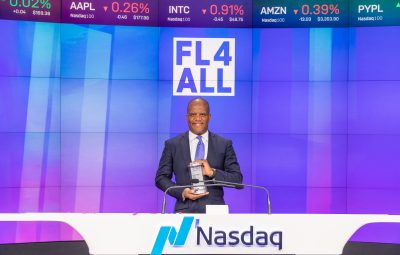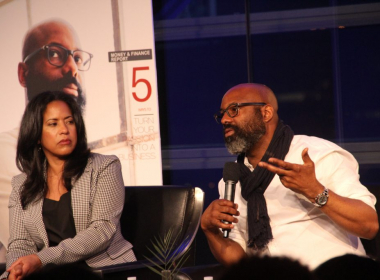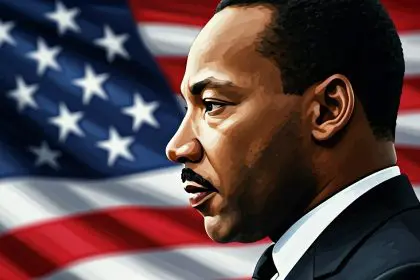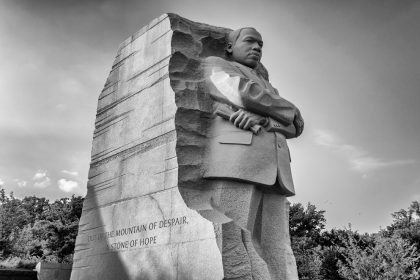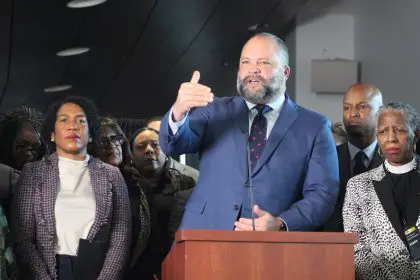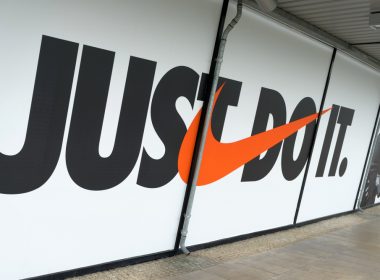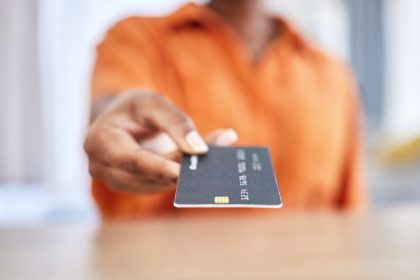 Latondra Newton, vice president of strategic planning and research and corporate diversity at Toyota Motor North America Inc., shared with rolling out why the automotive conglomerate supported the King Memorial, why community service is endemic to its corporate culture and what the company envisions for the future of Dr. King’s beloved community.
Latondra Newton, vice president of strategic planning and research and corporate diversity at Toyota Motor North America Inc., shared with rolling out why the automotive conglomerate supported the King Memorial, why community service is endemic to its corporate culture and what the company envisions for the future of Dr. King’s beloved community.
Toyota has given the Martin Luther King Jr. Memorial significant support. Why?
Toyota realizes the immense impact that Dr. King and his legacy have had on this country, and the world. That’s why, in 2005, we committed $2 million toward his memorial here in Washington, D.C.
Dr. King’s efforts toward equality for all people are directly in line with our guiding principles of respect for people and continuous improvement. In keeping with that, diversity and inclusion have always been among our top priorities in every aspect of our business. We believe constant growth toward a more inclusive culture is a vital part of our business success. We share in Dr. King’s vision and we strive to foster a corporate culture that embraces different backgrounds and cultures.
Community action is part of what Toyota does; can you share some of the things Toyota does in the community?
Toyota is committed to being a good corporate citizen in the communities where our customers and employees live and work. We have contributed over a half a billion dollars to philanthropic programs in the U.S. Our giving supports numerous organizations across the country focusing on education, the environment and safety. Reaching diverse populations is also a key priority with our giving, and we have committed to allocating at least 25 percent of our giving to minority programs and causes — a goal that we are surpassing.
While we support of number of different initiatives, one that we’re particularly proud of is the “Buckle Up For Life” program, an innovative safety initiative to help address the alarming rate of auto accident fatalities among African American children. Through partnerships with local children’s hospitals around the country and faith-based communities, we’re bringing vehicle safety education and resources to the African American community. Thus far the program has had a substantial impact — more than doubling the number of families using car seats and child safety restraints. We recently committed $1 million to expand this program nationwide and are looking forward to reaching even more families with this effort.
Toyota is progressive in technology and in its quality of vehicles. How does this relate to the character of Dr. Martin Luther King Jr.?
In everything we do at Toyota, we are focused first and foremost on listening to our customers and providing them with the safe, quality and reliable vehicles they need and want. Despite past successes, we’re always focused on how we can continuously improve in order to serve our customers better. In the same manner, we also make it a point to reflect on our past, learn from our mistakes and apply those lessons to enhancing our business and products moving forward.
People from around the world will be able to come and support Dr. King’s memorial on the National Mall. How will your role be seen by other citizens from around the world, specifically the fact that such a prominent Japanese company has taken such a leadership position supporting this memorial?
Dr. King’s legacy and work transcend the boundaries of national borders. He really is an international leader and icon. We hope that people around the world witness the diversity of people, corporations and organizations that have come together to make this memorial a reality and really look at it as a realization of Dr. King’s dream.
The memorial being on U.S. soil has special meaning for Toyota. While Toyota is a Japanese company, we’re deeply rooted in the United States. We have 10 manufacturing plants across the country that produce over 60 percent of the vehicles we sell in America, and we have helped create over 365,000 jobs through direct employment and our dealers and suppliers. We have a significant investment here in the U.S., and seeing this monument in Dr. King’s honor go up on the National Mall is of special importance for us.
Can you highlight three characteristics of Toyota’s corporate leadership team that also speak to the leadership qualities in Dr. King?
Toyota believes in the power of grassroots efforts to help the company evolve, not just relying on top management to present the ideas. We are consensus-driven, so we strive to be inclusive of various points of view, including a recent focus on what trusted advisers outside of the company think. We try to approach the business with a sense of humility, not cultivating “super-stars” in the organization, but valuing people who care about the future of the company.
From changing technology, to fuel efficiency, to hybrids — Toyota is at the forefront of change. How do you envision the next chapter of change in technology and transportation unfolding?
Toyota is committed to constant innovation. We strive to anticipate the diverse needs of our customers and lead the industry with technological advancements that will meet those needs.
Over two decades ago, we anticipated the need for more fuel efficient and environmentally conscious methods of transportation, so we developed the industry leading Prius hybrid vehicle, the first mass produced hybrid vehicle on the market. Even prior to hybrids being considered “cool,” in 2000 we began selling the Prius in the U.S., and since then it has become the best-selling hybrid vehicle in world.
Moving forward, we see an even higher adoption of alternative fuel vehicles and Toyota is poised to meet those needs. In 2012, Toyota will begin selling its first plug-in hybrid vehicle, the Prius Plug-In hybrid, in the U.S; and we will also bring to market two pure electric vehicles, the RAV4 EV and the iQ EV.
What is Toyota’s vision for diversity in its workplace, in its work force and in the future? How is this vision being implemented?
We’ve been fortunate enough to be recognized for our efforts to manage diversity and inclusion throughout our business. Some top honors we have received includes:
– Named to Black Enterprise 40 Best Companies for Diversity list for six consecutive years
– Inclusion among DiversityInc.’s Top 50 Companies for Diversity for five years
– Induction into the Billion Dollar Roundtable, in recognition of over $1 billion in annual spending with certified ethnic and women-owned suppliers
– “Corporation of the Year” award from the National Minority Supplier Development Council (NMSDC)
– “Distinguished Supplier Diversity Award” from the Minority Business Development Agency (MBDA)
The next goal for us is to take our efforts to the next level by further leveraging our commitment to diversity, embedding its principles into our key business strategies. We know Toyota can be even better if everyone in the company understands how vital it is to deliberately attract and retain diverse talent, do business with diverse partners, bolster diverse communities, and ensure all customers are happy they chose Toyota.
Toyota is constantly forging a new vision — much like Dr. King had a vision. What is Toyota’s vision or dream for society?
As a company, our goal and vision is to lead the way in the future of mobility and enrich lives around the world in doing so — not only by providing safe and responsible methods of transportation, but by also being personally invested and involved in our customers’ communities. We will remain committed to quality, constant innovation and respect for the planet; and we will meet challenging goals by engaging the talent and passion of people who believe there is always a better way.

